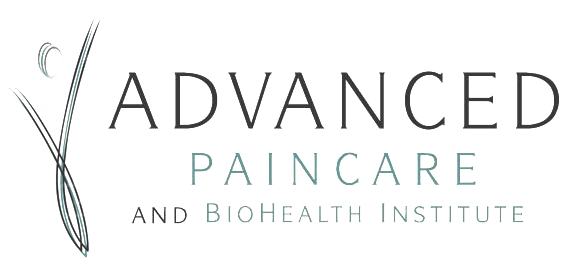Whether you hunt with a bow, a muzzleloader, or a shotgun, you need good shoulders to shoot accurately. Do your shoulders hurt, making it difficult to hold a gun or a bow? Do you suspect that you tore your rotator cuff at some point and then just let it go, hoping it would heal itself? If you answered yes to one of these questions, your aim may suffer this hunting season.
If you’re suffering with chronic shoulder pain, it may be from arthritis in the joint or injury to the surrounding tendons of the rotator cuff or labrum. Symptoms commonly include difficulty with shoulder range of motion, pain with lifting or lowering the arm, shoulder pain at night, and shoulder weakness. Diagnosis of the different issues is best made by a thorough exam including an ultrasound examination of the soft tissues, X-ray of the joint, and an MRI examination of the joint if necessary.
If you’re thinking surgery is your only option, we have good news. A non-surgical procedure, called Regenexx®, is a trusted alternative to orthopedic surgery and steroid injections for acute or chronic orthopedic pain.
Let’s dig deeper to understand the shoulder and what causes pain.
The shoulder is an engineering marvel. The arm bone (humerus) fits into a socket in the shoulder blade (scapula), which is a free-floating bone suspended by muscles in the upper back. The shoulder is the most mobile joint in the body yet it inherently lacks stability because the joint socket is so shallow. It’s no wonder it has trouble living up to the demands we place on it every day. The shoulder joint relies on the surrounding capsule including the labrum, ligaments, and rotator cuff tendons to provide strength and stability. Without this surrounding capsule, the humerus would fall (dislocate) downward, out of the socket.
An Alternative to Surgery
People experiencing a rotator cuff tear are often told that surgery is the best approach for repair. However, many times surgery to repair the rotator cuff is NOT the answer. If you’re over 60 years old, 1 in 3 rotator cuffs won’t heal following surgery and there’s an 8% complication rate. This is likely caused a diminished blood supply to the cuff tendons and muscles, which the surgery does nothing to correct. However, use of stem cells or platelets can trigger new growth of blood vessels, improving the odds of healing your torn rotator cuff tendon. Additionally, when surgeons sew together a torn tendon, it can be like sewing together tissue paper. The tissues have become thin and weak, which is why it may have ripped in the first place. Platelet Rich Plasma (PRP) and stem cells, precisely injected by a Regenexx® Network Physician, can trigger your body to rebuild stronger tendon fibers.
Shoulder replacements are major surgeries, necessitating a long recovery time and including the risk of complications. Did you know that in patients younger than 55 years old, 40% of replacements fail within 10 years? Complications associated with surgery include pulmonary embolism, heart attack, acute kidney injury, and respiratory infections. Authors of a 2019 study analyzing outcomes of over 58,000 elective shoulder replacement concluded that: “All patients should be counseled about the risks of serious adverse events. These risks are higher than previously considered, and for some could outweigh any potential benefits.”
Regenexx®’s PRP and stem cell procedures for shoulder arthritis are an excellent alternative. These procedures allow you to maintain normal shoulder biomechanics, avoid a lengthy recovery period, reduce your risk of serious complications, and avoid the use of strong opioid pain pills. And, it might just help improve your odds during hunting season.
Call Advanced PainCare and BioHealth Institute today at 717-791-2860 to make an appointment to have your painful shoulder evaluated.

